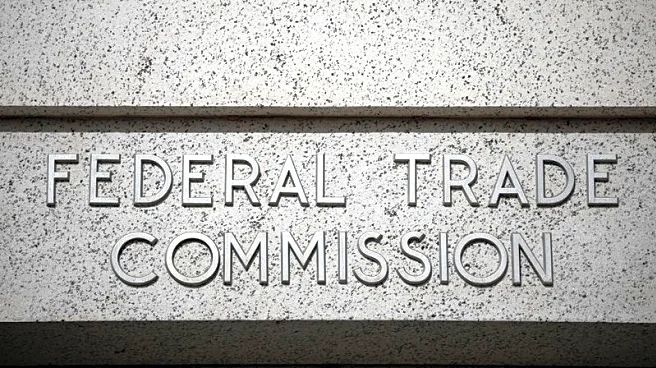What's Happening?
Postal services across Europe and Asia are halting shipments to the United States due to the termination of the 'de minimis' tariff exemption by the Trump administration. This exemption previously allowed international carriers to send goods valued under $800 to the US without incurring duties. The White House linked the end of this exemption to efforts to curb the entry of fentanyl and other illicit drugs into the country. Major shipping providers like DHL and Royal Mail have announced temporary suspensions of parcel services to the US, citing unresolved issues regarding customs duties collection and data transmission requirements. The changes are set to take effect on August 29, affecting postal services in countries such as Denmark, Sweden, Italy, Austria, France, Belgium, Singapore, and Thailand.
Why It's Important?
The suspension of shipments by international postal services highlights the significant impact of the US's decision to end the 'de minimis' exemption. This move is expected to disrupt the flow of low-value goods into the US, which previously facilitated millions of small packages entering the country smoothly. The decision could affect various stakeholders, including consumers and businesses that rely on affordable international shipping. Additionally, it may impact Chinese-based companies like Temu and Shein, which have benefited from the exemption to ship directly to US customers. The policy change underscores the administration's focus on tightening customs regulations to address drug trafficking concerns.
What's Next?
As the new regulations take effect, international postal services and US authorities will need to establish clear processes for customs duties collection and data transmission. Businesses and consumers may face delays and increased costs for international shipments. The situation may prompt further negotiations between the US and its international partners to streamline shipping processes and address the concerns raised by postal services. Stakeholders will be closely monitoring the implementation of these changes and their impact on global trade dynamics.










